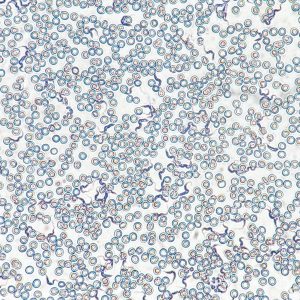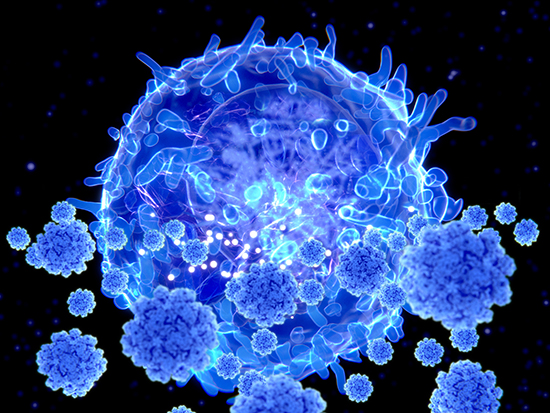
Chronic fatigue syndrome creates conditions where pathogen-killing immune T cells become exhausted, according to a new Cornell University study.
The study’s authors knew the immune system was dysregulated in patients with myalgic encephalomyelitis/chronic fatigue syndrome (ME/CFS) but wondered which parts shift with the condition.
A systematic exploration revealed that key CD8+ T cells displayed one of the most pronounced signatures of dysregulation, with signs of constant stimulation that lead to an exhausted state, a condition that is well-studied in cancer.
“This is an important finding for ME/CFS because now we can examine the T cells more car...
Read More









Recent Comments